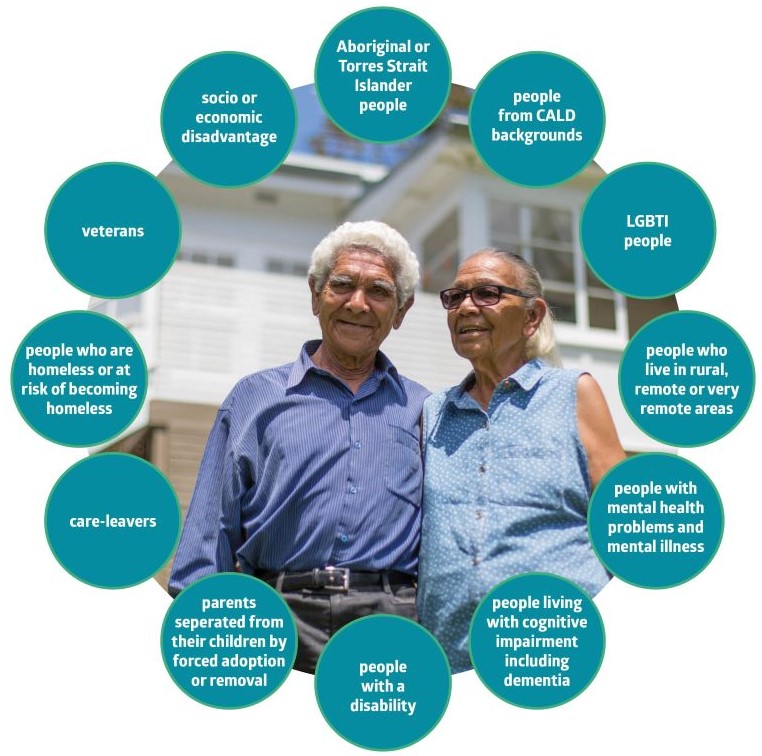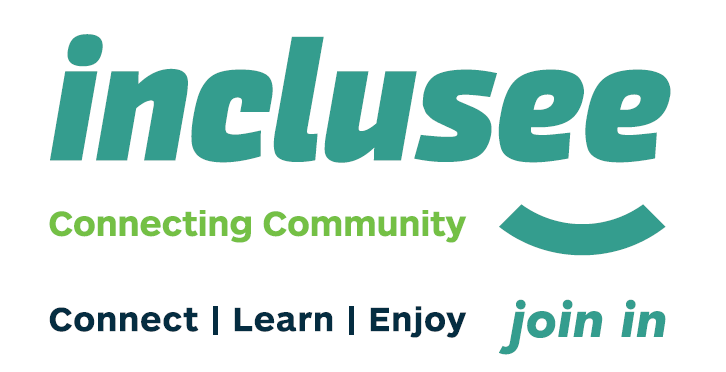What began as a get-together for older Australians almost four decades ago has evolved into a full-blown 21st century digital approach to combatting the scourge of loneliness. And that, says Inclusee’s CEO Rachael Cook, is the organisation’s strength.
“Loneliness is as bad for health as smoking 15 cigarettes a day and is as important as the food we eat, and yet it remains an often-overlooked part of aged care,” says Rachael. “You’d never dream of not feeding somebody but not everybody understands that loneliness really is bad for you.”
Rachael has made it her mission to change the narrative and, having identified Inclusee’s big point of difference, has determined that her legacy will be increased understanding of the importance of social connection.
The value of bringing elderly community members together was first recognised in 1976, when Nundah service clubs Rotary, Lions and Quota opened the Golden Years Seniors Centre for activities such as ballroom dancing and arts and crafts.
Over time the organisation, then called Aurous, grew and evolved. It added services such as Meals on Wheels and domestic transport assistance. However, its focus remained on bringing people together.
“More people need to know about it. Loneliness has a stigma but it’s ok to talk about it and identify with it. We create safe places for discussions, friendships and social connection.”
Rachael Cook 2022
“It connected people but was totally different to what we do today,” says Rachael. “We have now relinquished other services to completely focus on social connection. Our mission is to reduce social isolation and loneliness.”
Renamed Inclusee to better reflect this philosophy, it has become a leader in tackling loneliness through digital connection.
Although dancing has been replaced by devices, the result is the same.
For eight years (long before COVID-19 highlighted the issue) Inclusee has been offering digital connection to older Australians and lonely people, fine tuning its operation along the way.

Rachael was appointed CEO three years ago after more than 20 years in leadership roles. She had a personal motivation. Her father didn’t want or need help but was really lonely. Rachael recognised an opportunity to do something for others like him.
“I’m passionate about addressing loneliness,” says Rachael. “The feedback has been that it (social connection) gives many people a reason to get out of bed each day. Finding a friend for someone is just so rewarding.”
Rachael quickly identified that Inclusee was doing something very special, something that nobody else was doing – using technology in a range of programs to form connections. While there are some traditional face-to-face interactions, its specialty is the digital space.
“It takes a while for people to adapt, but social connection can be delivered in any way. Loneliness is a condition that is situational and can be experienced even if you are surrounded by people.”
Rachael Cook 2022
The Connect2One program involves allocating a volunteer “visitor” to a participant aged 65-plus or 50-plus for First Nations people, for a regular conversation.
They meet online, one-on-one every week, usually for one or two hours, although this can be extended, to talk about anything that comes to mind, whether it’s hobbies, memories or musings.
Or as Rachael describes it: “Think: a chat with a neighbour over the back fence, an old school conversation between friends.” Yet there’s nothing old-school about Inclusee’s approach.
“The participant lets us know what they want such as cultural needs, language, gender and interests,” says Rachael. “They might, for example, say that prefer a lady who is older with an interest in gardens and books. We get a good understanding of what is wanted in a friend and put them together with a volunteer.”
There is a national database of volunteers aged 18-90 from diverse backgrounds, all of whom have had background checks, to find the perfect match.
Participants receive a tablet on loan that has been programmed so that at the push of a button they can have someone to talk to when they need a chat. The device is already connected to the internet and ready to go. If they don’t have internet handy, there is a SIM mobile broadband option.
It’s kept very simple for the user to gain access, but there is also a weekly Learn2Tech digital mentoring program for seniors who are keen to learn more – how to send photos, Skype family and friends, and do online shopping.
There’s also a Connect2You virtual community centre where participants and volunteers can drop in for a chat whenever it suits, and the latest addition is Interest2Enjoy, where groups with common interests meet.
A club of about four or more people can be created for anything that might interest them – books, armchair travel, pets, trivia. Google maps and videos add to the experience.
“If you are lonely, we can book you up every day”
Rachael Cook 2022
Inclusee currently has more than 300 participants and that’s growing. The only stumbling block has been getting the message out that there’s a free program to keep them connected.
“More people need to know about it,” says Rachel. “Loneliness has a stigma but it’s ok to talk about it and identify with it. We create safe places for discussions, friendships and social connection.”

The Aged Care Diversity Framework
The Aged Care Diversity Framework aims to ensure a high quality aged care system that embraces the diverse characteristics and life experiences of consumers. Older people with diverse needs. characteristics and life experiences may be part of a group or multiple groups that may have encountered exclusion, discrimination and stigma during their lives.
The above article is part of a series that tells the real life stories of healthy@home clients. It has has been approved for publishing by the service provider and client.

